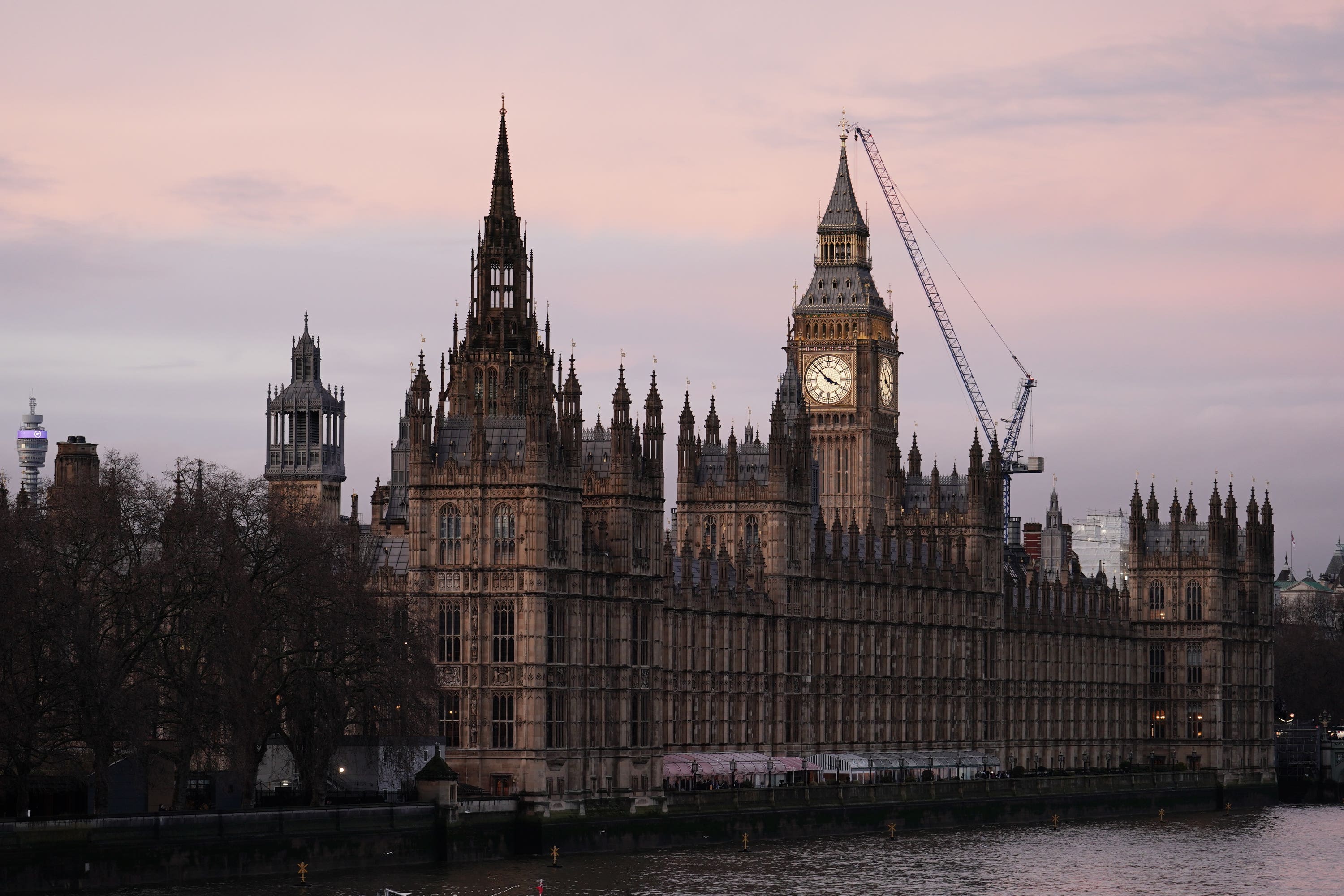Rwanda treaty does not make country safe for asylum seekers, peers warn
Peers said the treaty should not be ratified until Parliament is satisfied that the protections it provides have been fully implemented.

Your support helps us to tell the story
From reproductive rights to climate change to Big Tech, The Independent is on the ground when the story is developing. Whether it's investigating the financials of Elon Musk's pro-Trump PAC or producing our latest documentary, 'The A Word', which shines a light on the American women fighting for reproductive rights, we know how important it is to parse out the facts from the messaging.
At such a critical moment in US history, we need reporters on the ground. Your donation allows us to keep sending journalists to speak to both sides of the story.
The Independent is trusted by Americans across the entire political spectrum. And unlike many other quality news outlets, we choose not to lock Americans out of our reporting and analysis with paywalls. We believe quality journalism should be available to everyone, paid for by those who can afford it.
Your support makes all the difference.Rishi Sunak’s Rwanda treaty does not make it a safe country to send asylum seekers to “in the short to medium term” and should not be ratified by Parliament, peers have warned.
Safeguards in the agreement with Kigali are “incomplete” and do not overcome the Supreme Court’s concerns about the plan, the House of Lords International Agreements Committee said.
Ahead of a showdown in the Commons on the Prime Minister’s asylum legislation on Wednesday, the panel said “significant legal and practical steps” must be taken before Rwanda can be deemed safe.
The Government should not ratify the Rwanda treaty until Parliament is satisfied that the protections it provides have been fully implemented
Measures required, peers said, include a new asylum law in Rwanda; training for international judges in Rwandan law and practice; a process for submitting individual complaints to the monitoring committee; and training for Rwandan officials dealing with asylum applicants.
A system is also needed for ensuring that those deported to the east African nation are not subsequently transferred to a country where they could be at risk, a principle known as non-refoulement.
The Government agreed the legally binding treaty with Kigali in December, saying it prevented refoulement to satisfy concerns raised by the Supreme Court.
The court had ruled the deportation policy was unlawful because of the risk that genuine refugees sent to Kigali could be returned to their home country, where they would face “ill-treatment”.
The Government’s treaty underpins its Safety of Rwanda (Asylum and Immigration) Bill which compels judges to regard Rwanda as safe.
But the Lords committee said: “While the treaty improves the protections previously set out in the 2022 Memorandum of Understanding and might in time provide the basis for such an assessment (that Rwanda is safe) if it is rigorously implemented, as things stand the arrangements it provides for are incomplete and accordingly the treaty is not ready for ratification.”
It will “clearly take some time” for the steps to be completed, and they “need time to bed in to demonstrate that they operate in practice”, the peers noted.
The report by the committee, which reviews all treaties laid before Parliament, came before the House of Lords debates the UK-Rwanda agreement on Monday.
Labour peer Lord Goldsmith, who chairs the International Agreements Committee, said: “The Government should not ratify the Rwanda treaty until Parliament is satisfied that the protections it provides have been fully implemented, since Parliament is being asked to make a judgment, based on the treaty, that Rwanda is safe.
“Members of Parliament should take that into account in considering the Safety of Rwanda (Asylum and Immigration) Bill.
“Furthermore, they should carefully consider whether the Rwanda treaty fundamentally changes the assessment of the Supreme Court on Rwanda’s compliance with its international obligations.
“Greater transparency is also required about aspects of the treaty’s implementation to allow for a full assessment.”